Jenny Lewis: A Warrior That Digs Down Deep Into the Interior of Her Listeners
This interview originally appeared as the cover story of She Shreds Issue #15, which was released in July 2018.
Jenny Lewis is a warrior. For the past 20 years, she has been writing and performing music that digs down deep into the interior of her listeners. She is perhaps best known for the diaristic indie rock she made with beloved band Rilo Kiley, whose last album, a compilation of b-sides and rarities, Rkives (Little Record Company, 2013), was released after the band’s tumultuous split in 2011. But since 2006, Lewis has been releasing solo albums that aren’t just efforts of autonomy, but excavations of genre, inspired by gospel, the Grateful Dead, and Gonna Take a Miracle, Rock and Roll Hall of Fame inductee Laura Nyro’s collaborative album with Labelle, the titular girl-group where Patti LaBelle really got her start.
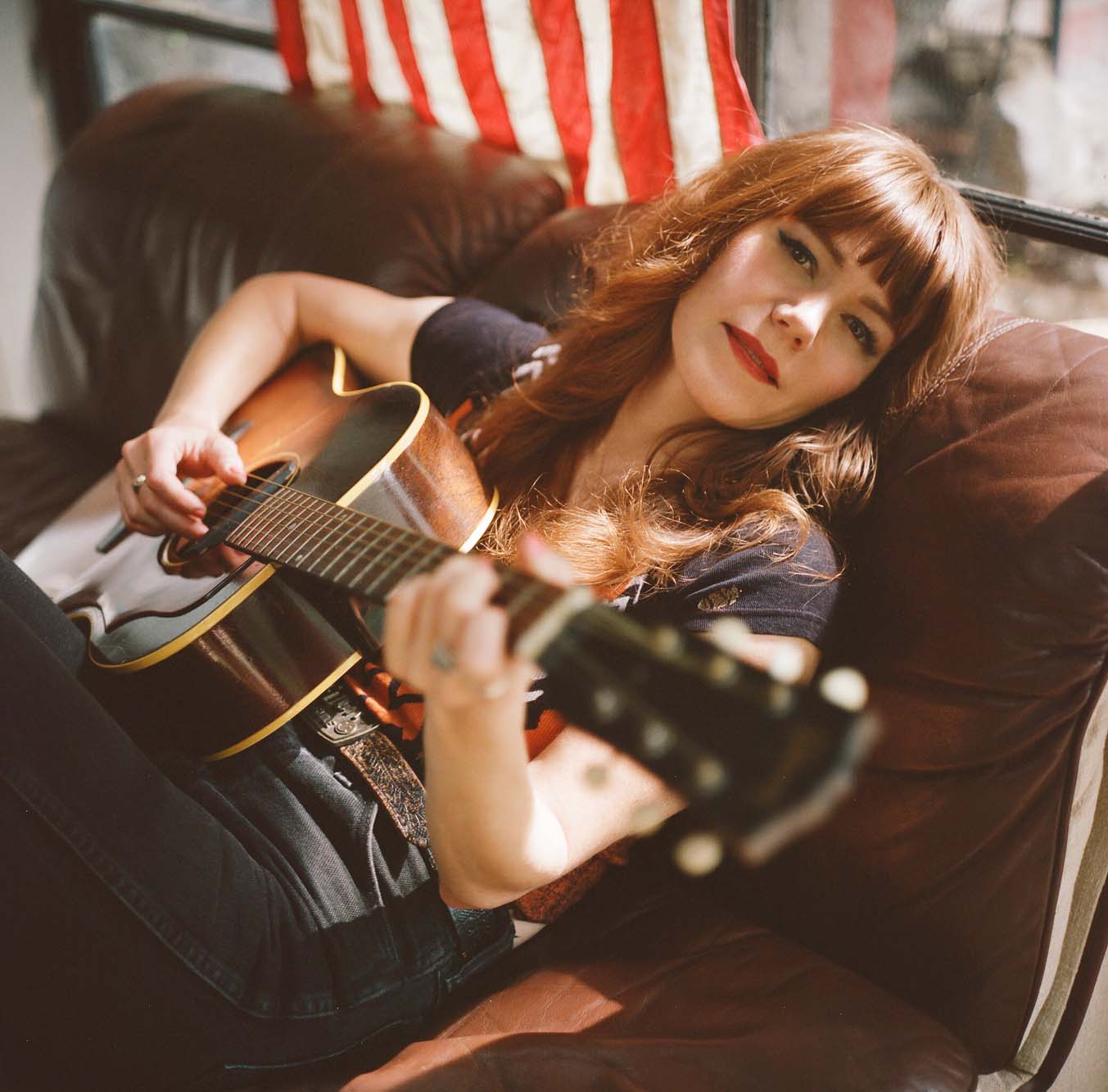
Although Lewis’s sound is often vintage and her lyrics parse through the past, she isn’t one for nostalgia and likes the discovery that comes with working on a new record. When Lewis spoke to She Shreds, she was gearing up for mixing a new album, her first solo endeavor since 2014’s The Voyager (Warner Bros.) and her 2016 post-punk side project Nice As Fuck with The Like’s Tennessee Thomas and Au Revoir Simone’s Erika Forster. The political energy that permeates Nice As Fuck (Loves Way) probably won’t be found on the new album, despite how much material is ripe for picking right now. “I kind of choose to keep it open,” she says. “That way I can express myself in the poetry and let people figure out for themselves what the songs are about.”
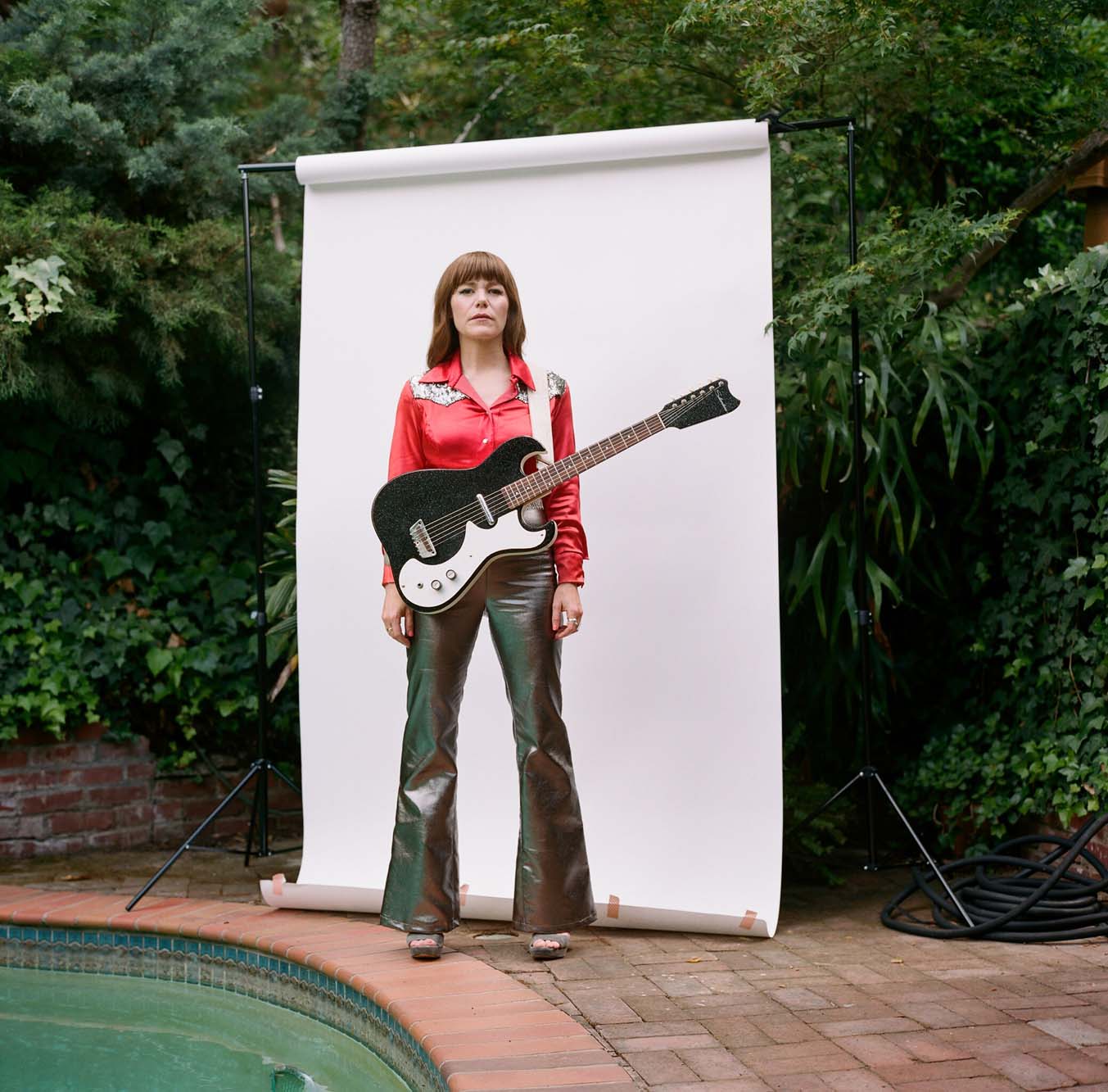
What can you tell us about the record you’re working on?
I typically don’t know exactly what it is until it’s finished. It goes through such an incredible journey—it takes a village, as they say.
You’ve always been so good at exploring genre, so when you say you don’t know what your record is before it’s finished, do you mean you don’t know what it is holistically or genre-wise? Your most recent project, Nice As Fuck, was so distinct from a lot of what you had been doing, so I’m curious about how genre finds you.
The people that I surround myself with help determine what it will sound like, but my own feeling is always the same. Nice As Fuck was a little bit different: I had just moved to New York from Los Angeles, and I was feeling really restless creatively. One of my best friends, Tennessee Thomas, has a shop in the East Village called The Deep End Clubs. She’s a great drummer, and I conspired with her father, Pete Thomas, who’s also a great drummer and plays with Elvis Costello, to get her one of those flat drum kits for the shop. It was really just out of a necessity to jam, play, and express. The songs came out of the music that we created in the shop. I wrote the lyrics on the way to the shop, you know, walking down 1st Avenue, or on the subway, in my mind, but musically they came from the two of us and our bandmate Erika Forster. But I usually write on my own, so I know how the songs feel before going into the studio. Then the players always kind of help dictate how they end up sounding.
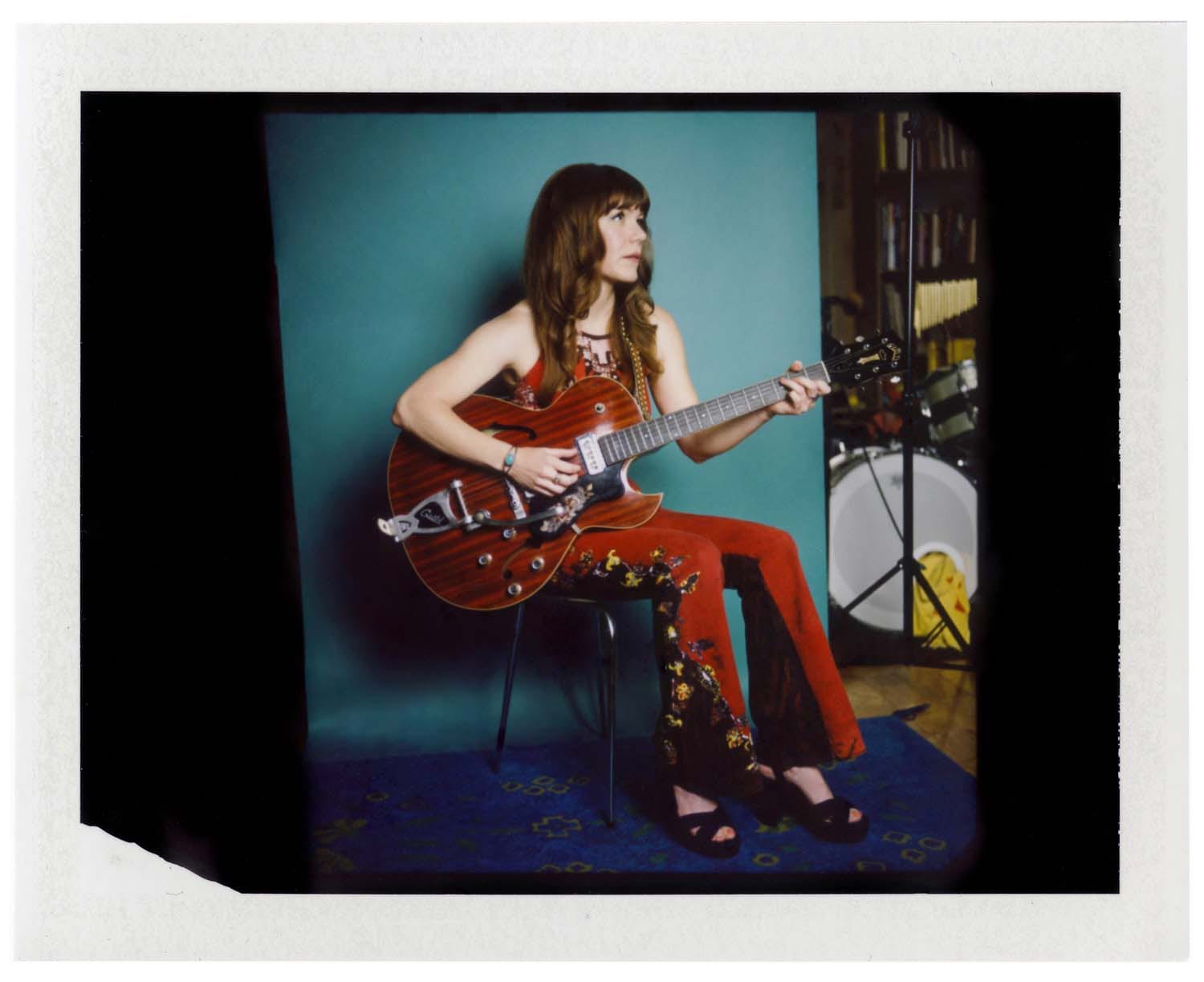
You mentioned that when you moved to New York you were feeling creatively restless. Did you mean that you felt that way being in Los Angeles and that’s why you left, or that you had trouble finding inspiration in New York? Where were you falling in the classic, ongoing debate as to whether New York or Los Angeles is a better place to be inspired?
I was about two years out from The Voyager, and that’s usually when I start feeling like I need to get a real job. I have to kind of figure out what to do with my days when I’m not on the road, and that’s when I tend to get in trouble. When I got to New York, I was just raw and ready to make something new. I’d never moved away from Los Angeles. I’ve traveled all over the world, but I’ve only lived in LA. Annie Clark [who plays as St. Vincent] gave me a place to stay and my girlfriends were there to take care of me. It was a period of discovery and rediscovery of my creative thoughts and my own autonomous philosophical approach to music and my own life. I was, like, on my own for the first time and I was 40 years old.
There’s a lot of grit and political energy in the Nice As Fuck tracks. Your songs are always personally political, but I think of a song like “Guns” and that you all performed at the Bern 4 Bern rally to support Bernie Sanders in 2016. Will we hear more songs like that on your new album?
I tend to not speak about politics directly, even in my songs. My work tends to be less defined.
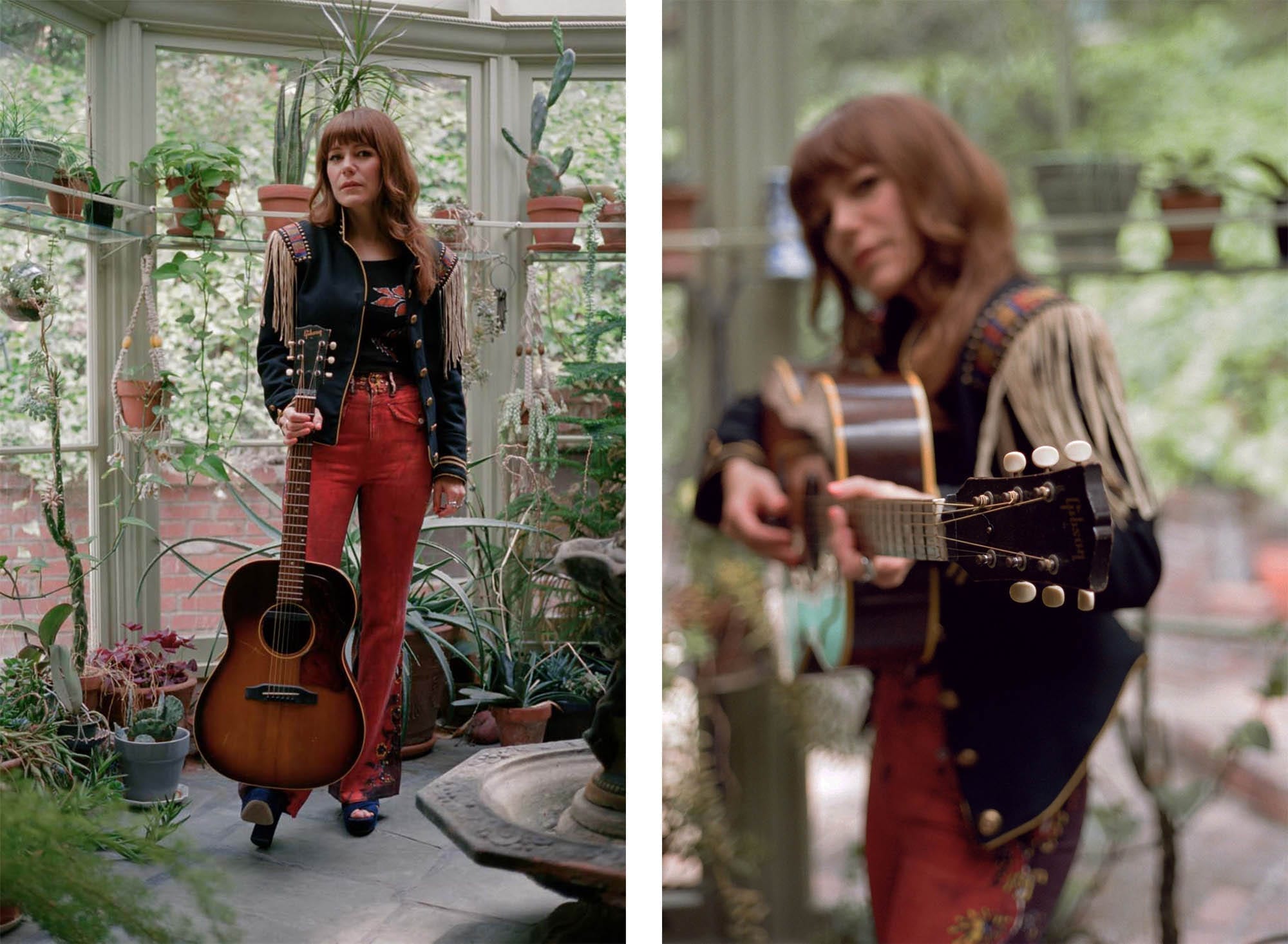
You’ve written a heft of songs that are so meaningful to so many people. Do you find you ever have to balance your personal attachment to your lyrics with the way fans or other listeners talk to you about them?
I’m so moved when someone comes up to me and tells me that a song helped them through a difficult situation. My personal life has not been an easy one. From the time that I was a little child, there’s been a lot of sadness and trauma and tragedy. Luckily, I have the gift of being able to put those feelings into words and songs. Once I write about it, I kind of forget about it, and I move on to the next feeling or obstacle. But when people tell me what my songs mean to them, I can’t believe that a feeling that almost took me down could go through someone else and get them to the next place.
Even though you’re not that keen about looking into the past, I’d love to hear about some of the gear that’s gotten you to write the songs that got you here.
There are certain guitars that have defined certain periods, and being in a late-’90s indie rock band, I ended up with a Stratocaster. I went out thinking that I knew a lot about Stratocasters, and I ended up buying an 1983 Strat which is like the most hated Stratocaster. I got it for a really good deal on, I think, Craigslist. Everyone in my band was like, “Oh, Lewis, this is a piece of shit guitar.” But it became my favorite guitar, and I still love it. Everyone hates it, and it’s not valuable, but I’ve written 100 songs on it, and I’ve played so many shows with it. Guitars come into my life to deliver the song. I hang onto them, or I pass them along, or they get put in a closet somewhere. Then I find them again, and they give me more songs.
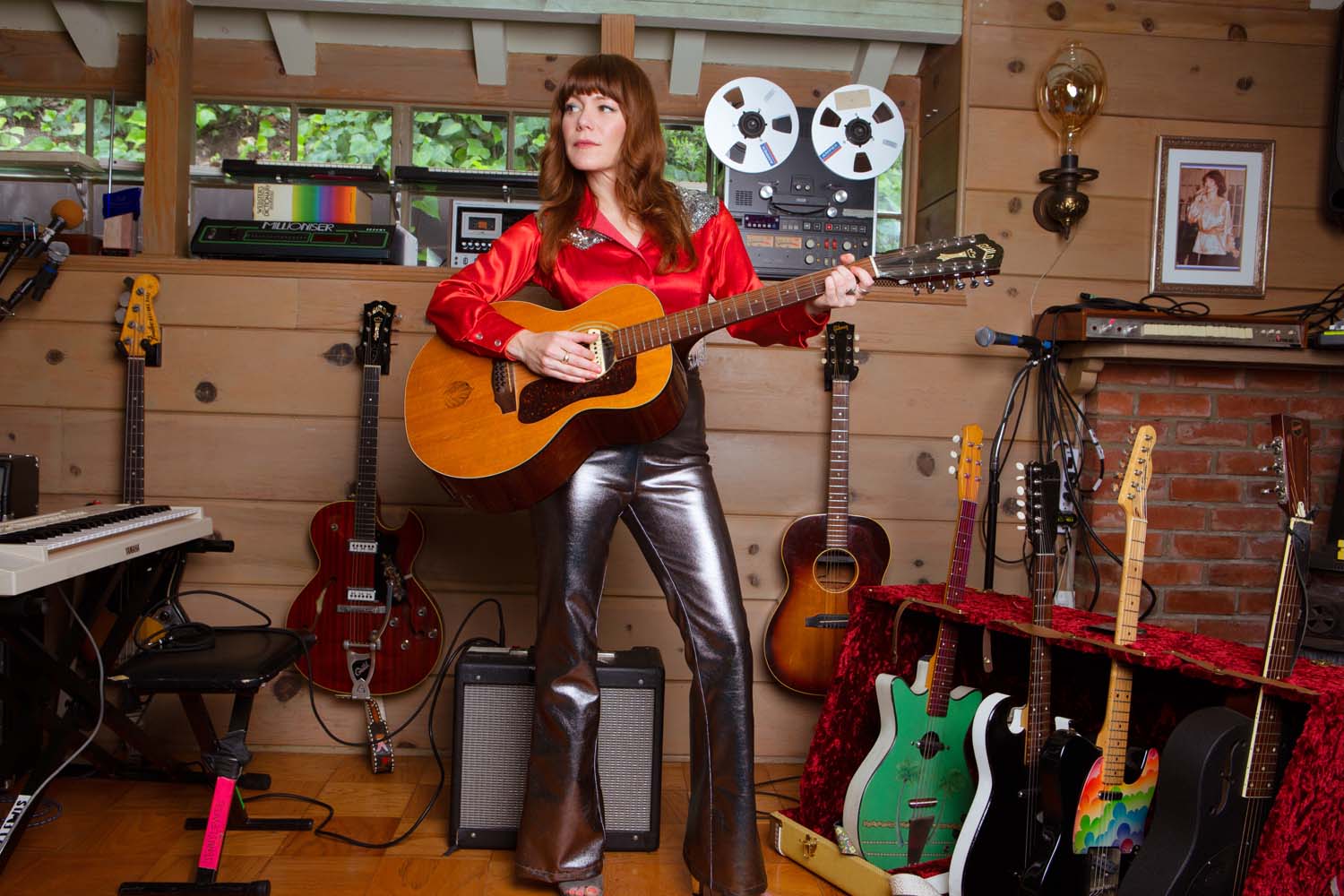
What’s the last guitar you’ve fallen back in love with?
My most recent guitar that I’ve rediscovered in my closet is a 1962 Guild Starfire that I bought at Guitar Center maybe eight years ago. The intonation was a little weird, and I wasn’t feeling it at the time. But I pulled it out of the closet and took it to my friend Erik Bailey who has a guitar shop, Caveman Vintage Music, near Highland Park in Los Angeles. Now it’s become my main guitar, and I’m going to tour with it. It just feels like I’ve matured into the guitar, rather than the reverse. I usually pick the smallest possible guitar; all my guitars are tiny. But this one is a substantial guitar, and so I’m excited to start playing it.
And what’s your rock-out at home guitar?
A Silvertone that I got at an antique mall in Wyoming. It’s one of those Silvertones with the amp case. When I’m home that’s the one I jam with because it’s tiny and light and the way the guitar breaks up through the case amp, if you crank it, it sounds fucking huge. It sounds like you’re playing through a Marshall stack, but it’s this tiny, little amp. It just makes you feel like a guitar god when you’re playing an E minor chord. I have a little Ace Tone drum machine, like the J. J. Cale drum machine, and I’ll just put that on a marching beat and just rip the Silvertone.
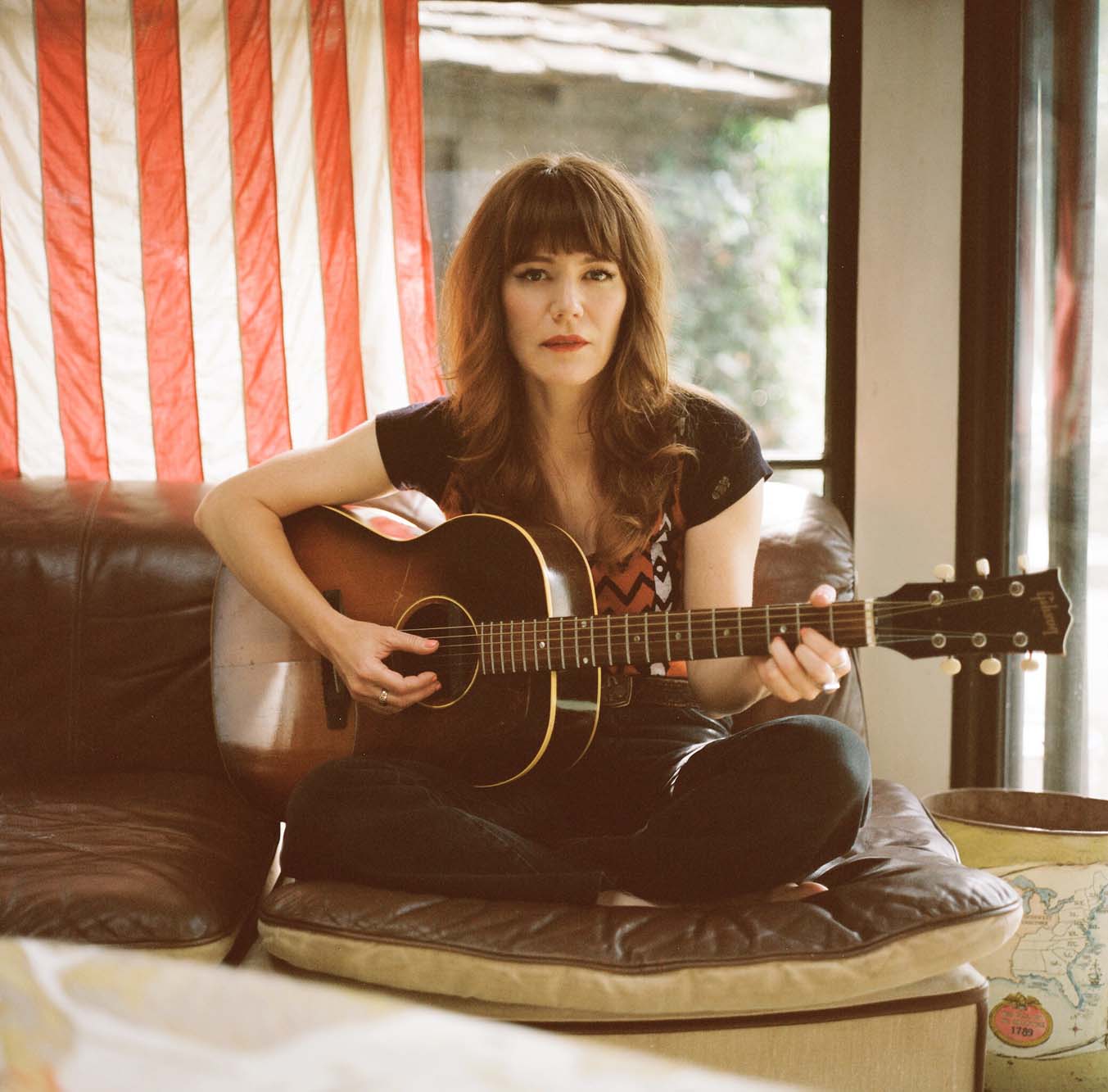
When you released The Voyager, you put out your own blend of natural wine with it. Are you still pursuing wine?
By pursuing, do you mean drinking it on a nightly basis?
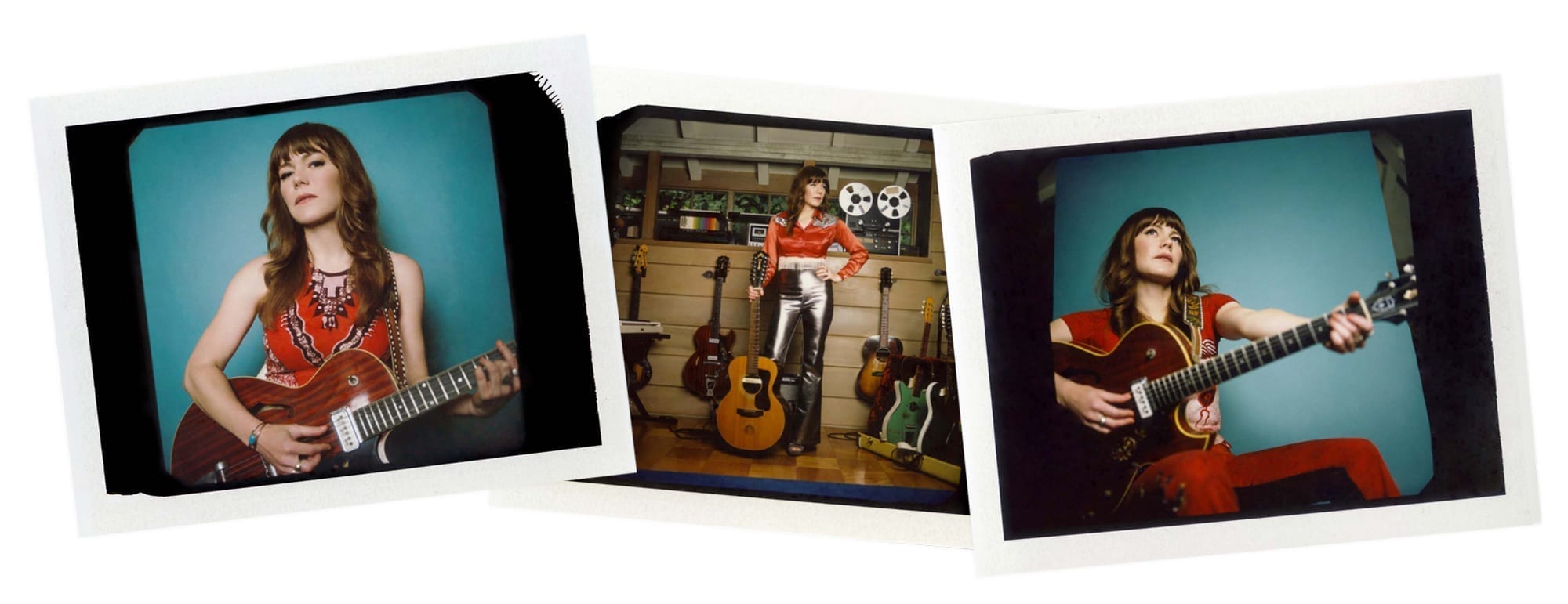
Sure!
I’m pursuing wine in my spare time… or is wine pursuing me? I like to learn about what I’m putting in my body. Eventually, I’d like to go to the source, to Loire Valley, and do some wine tasting, but I am going to try and do a wine collaboration for my new record. There’s a song that has a Beaujolais reference, so I’m talking to some winemakers. For The Voyager I went up to the Sierra Foothills and collaborated with La Clarine Farm and did a beautiful blend. I just love people making shit, in an old school or biodynamic way. I’m fascinated with biodynamics. And I just like collaborating with other artists, you know? And they don’t have to be making music; you can also imbibe their art, too.
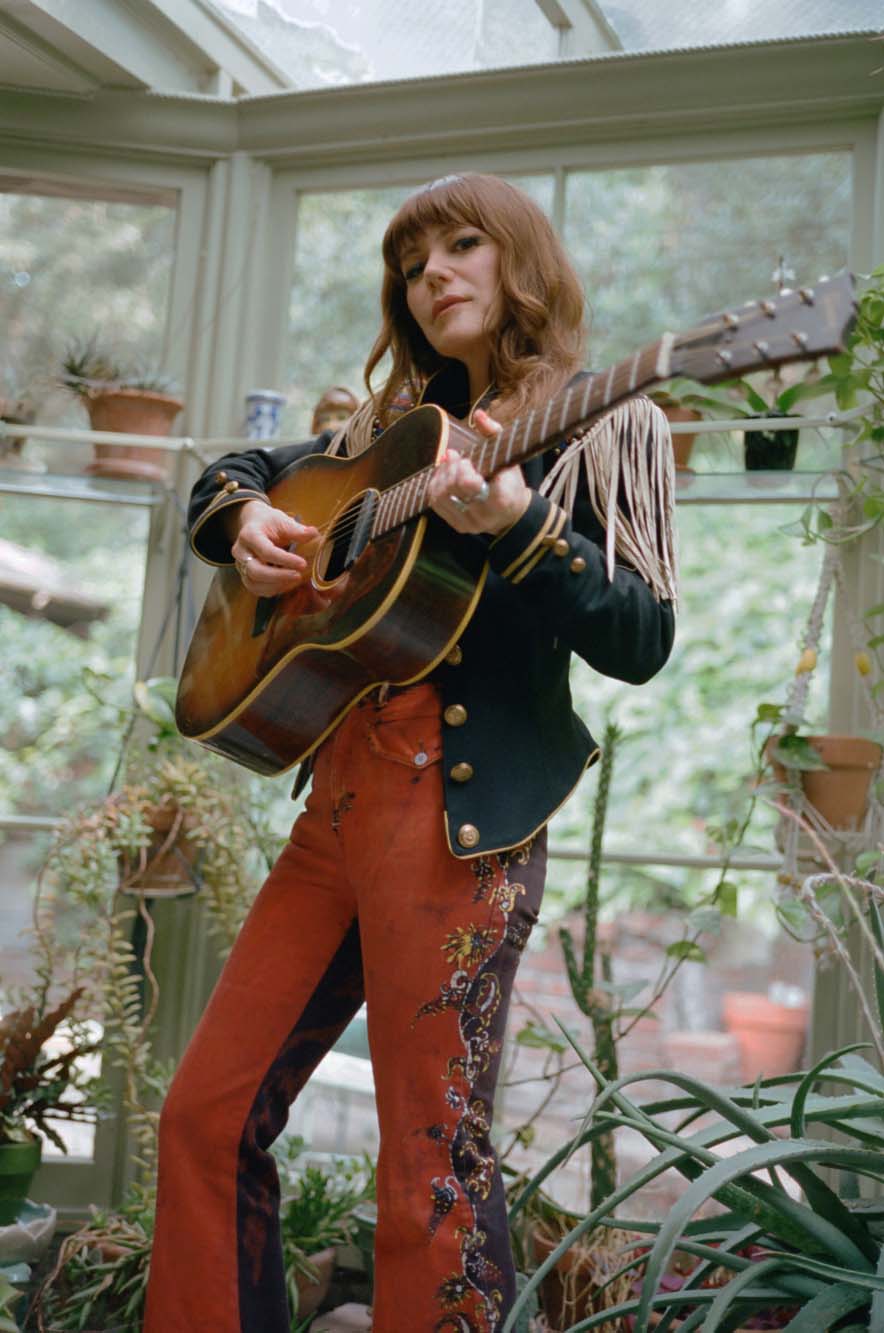
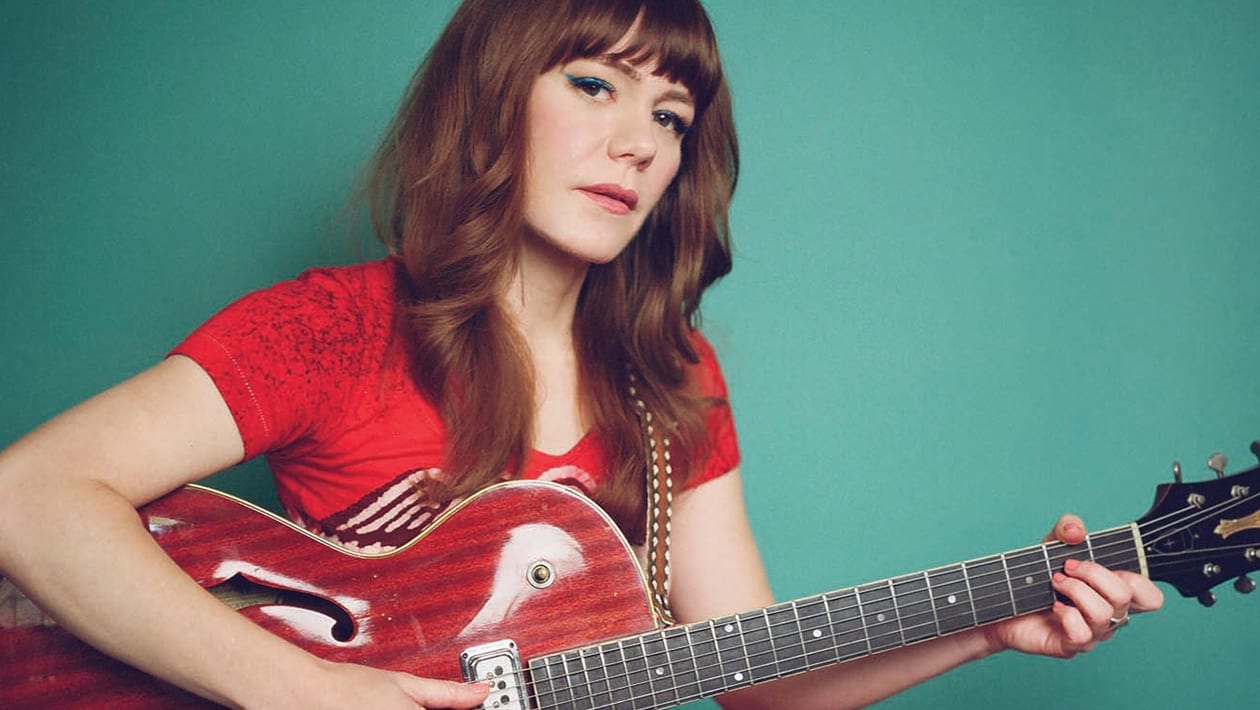

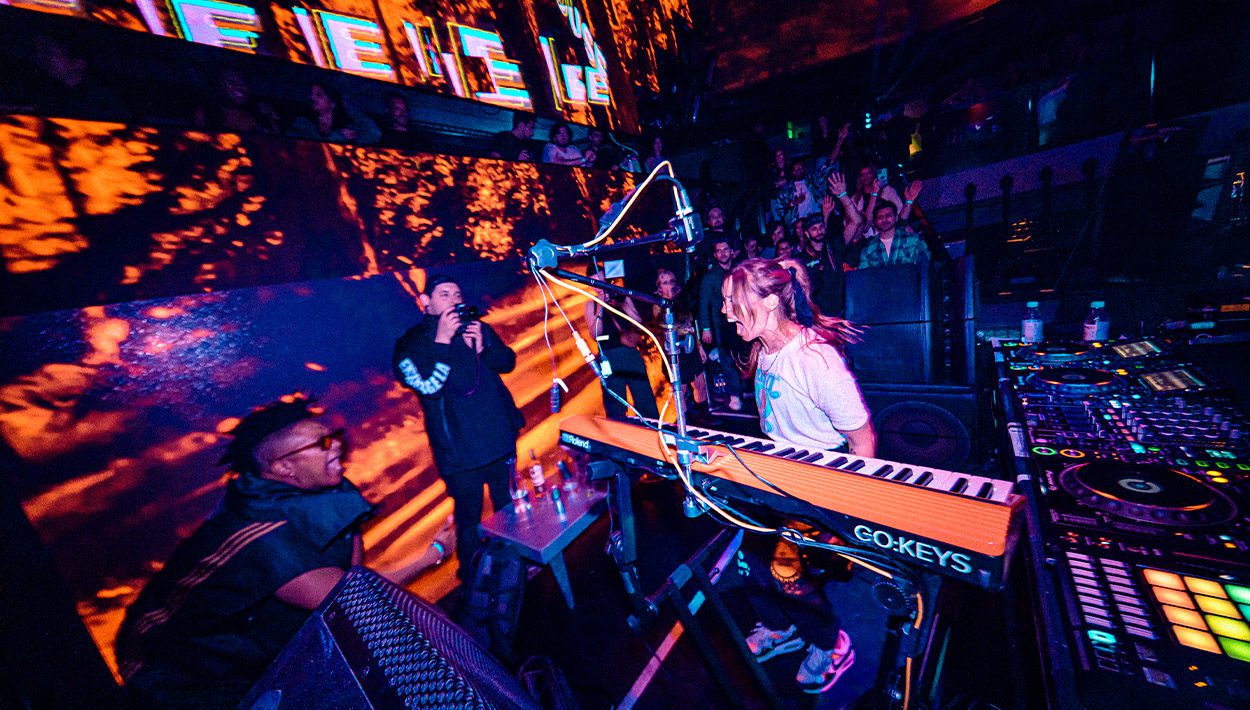
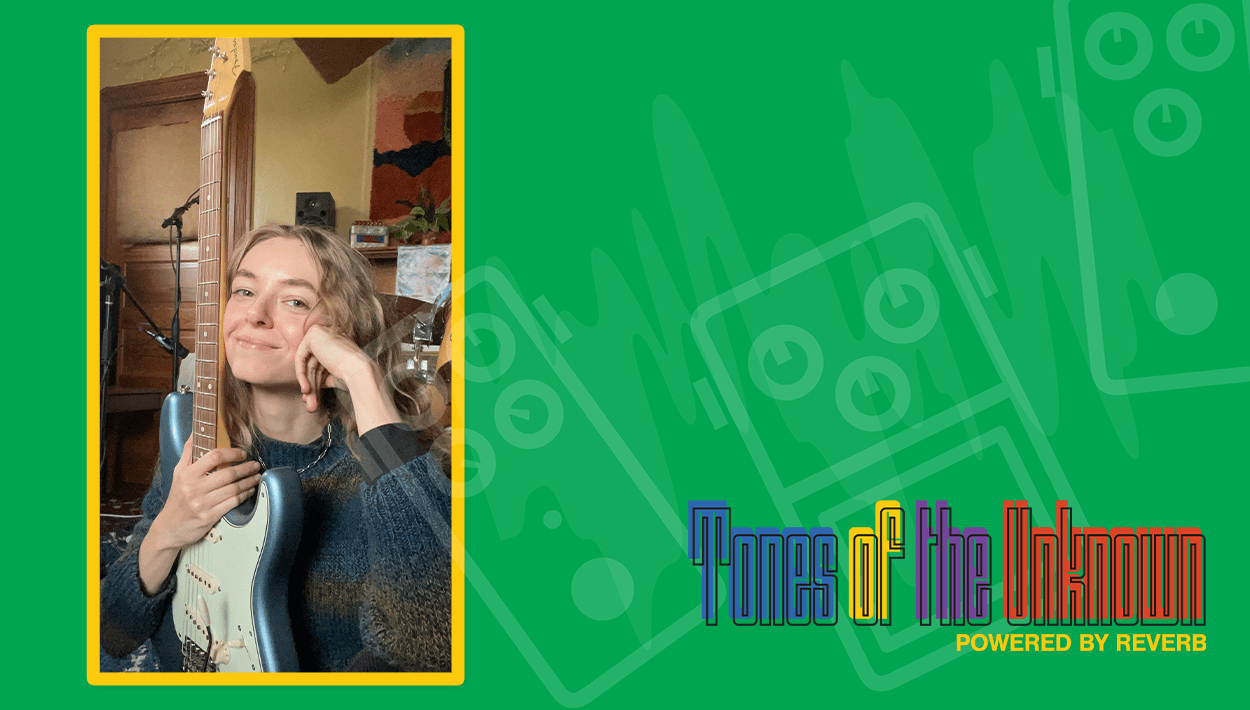
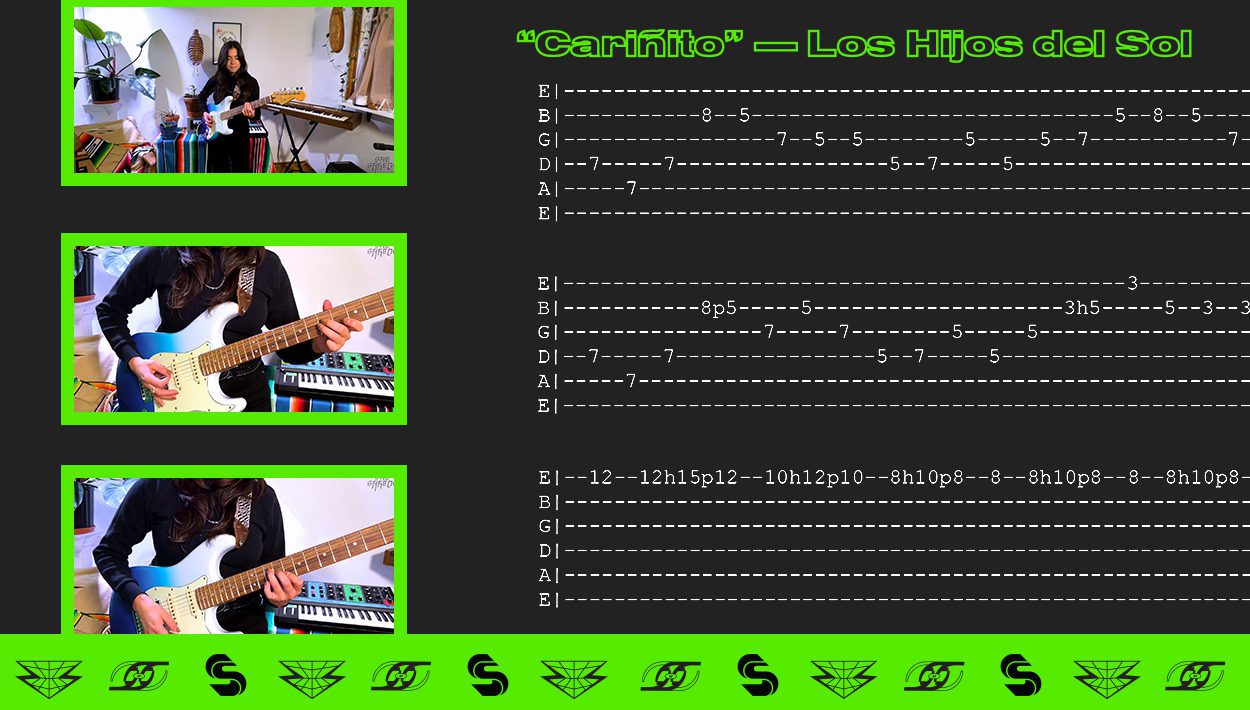
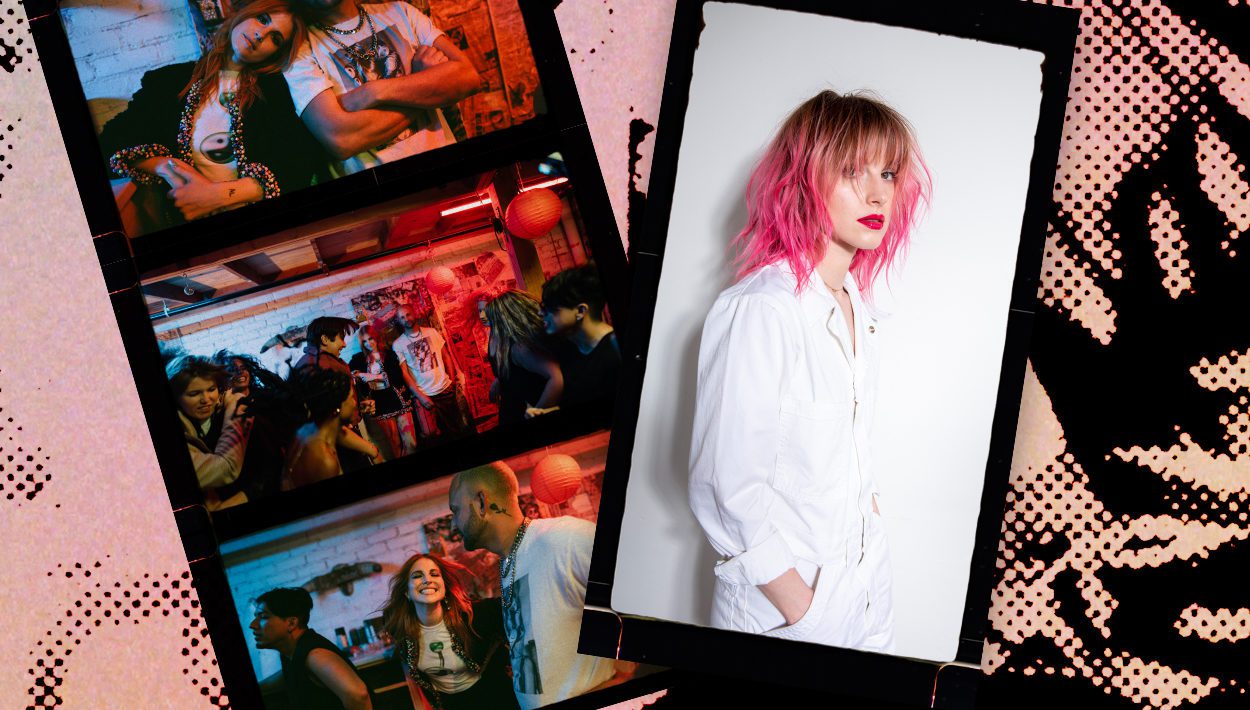
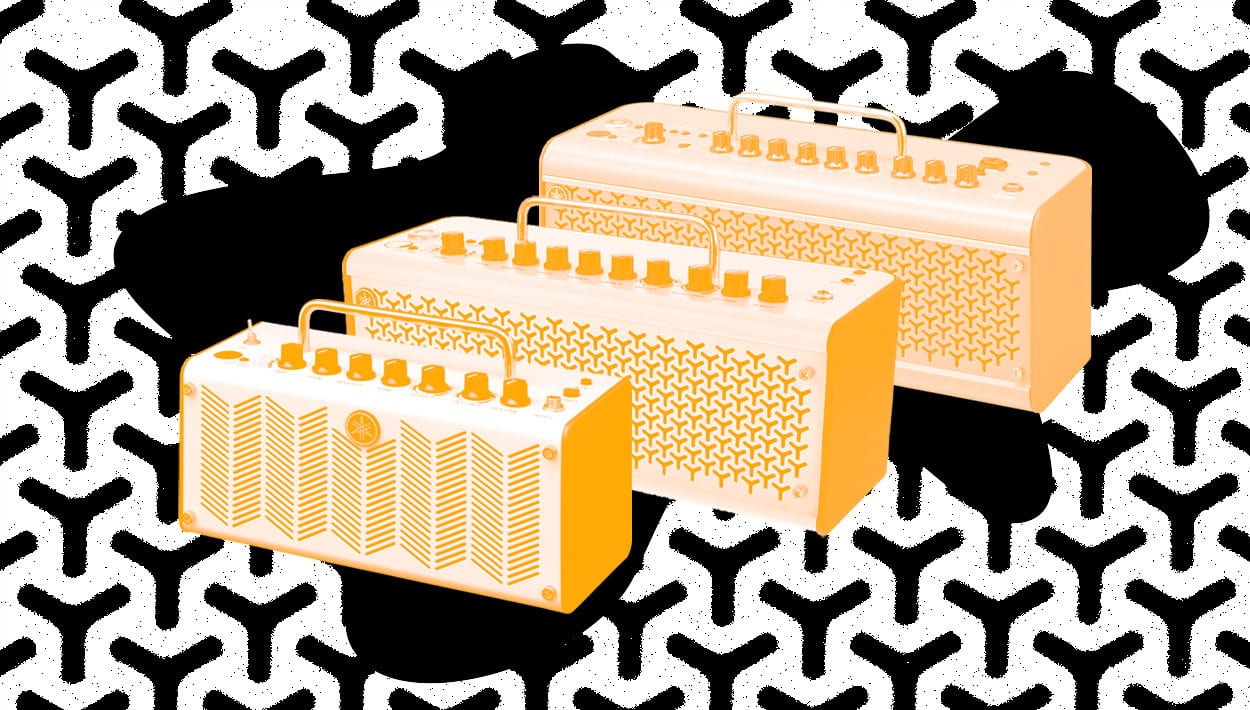
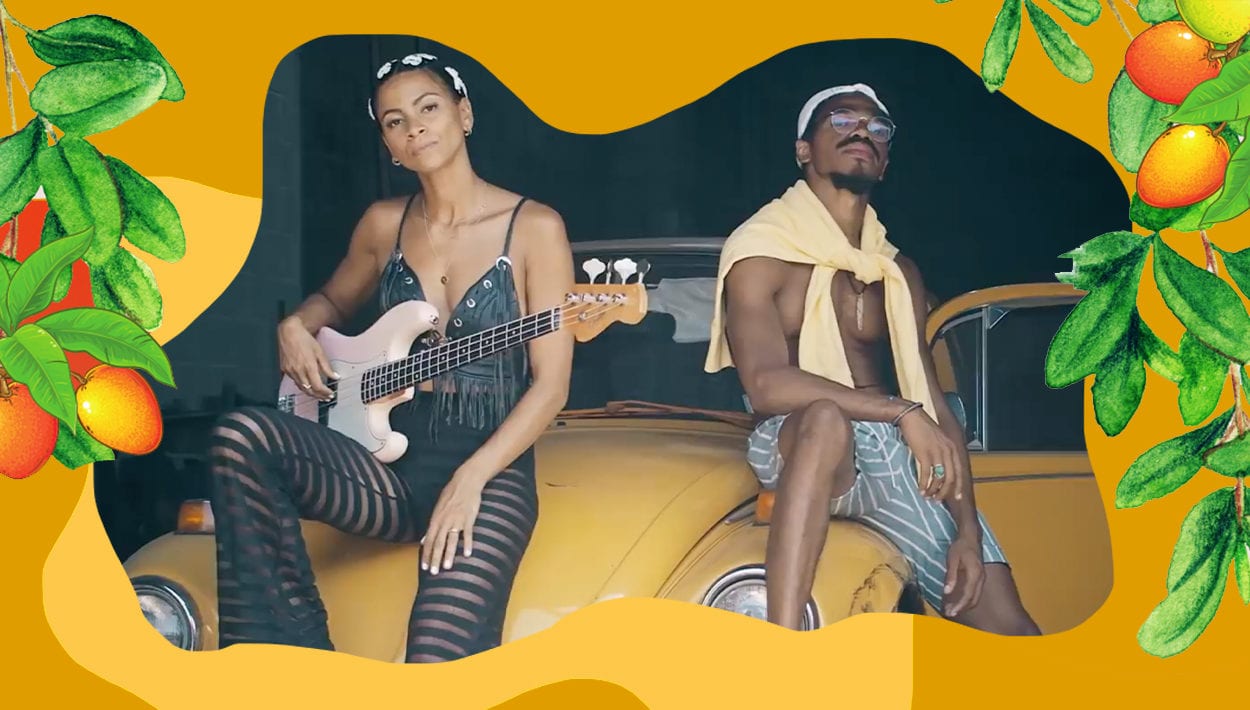
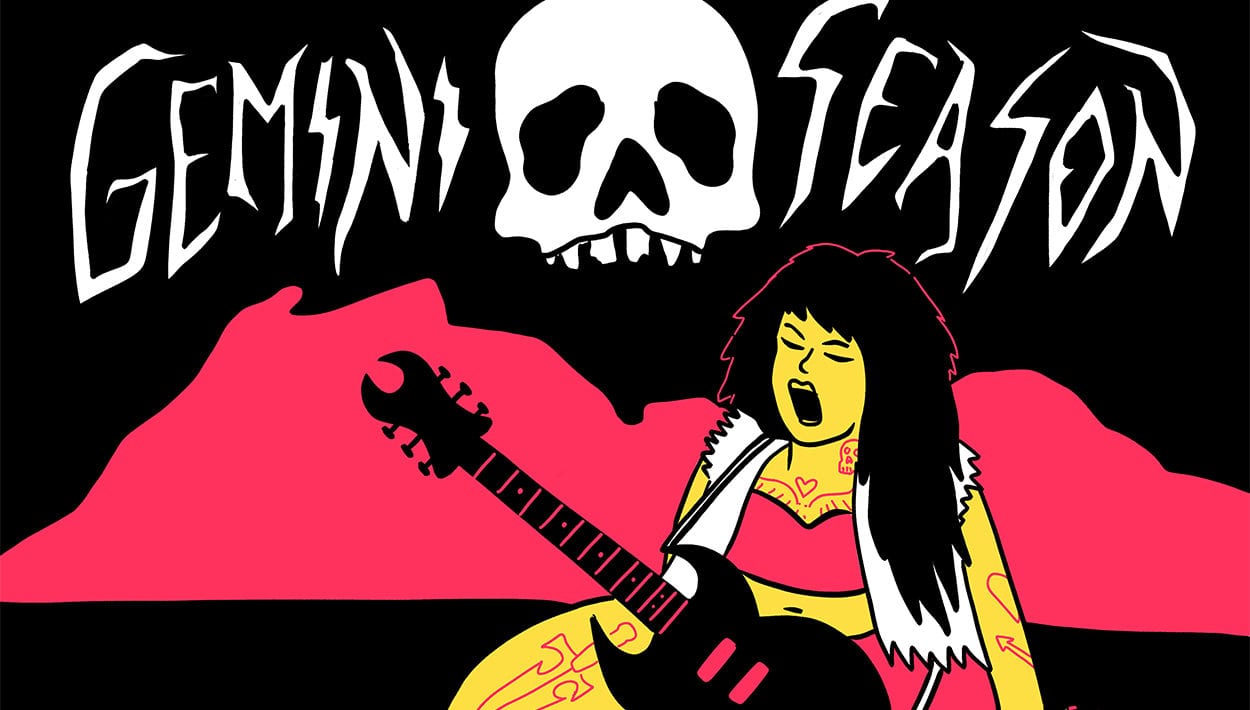
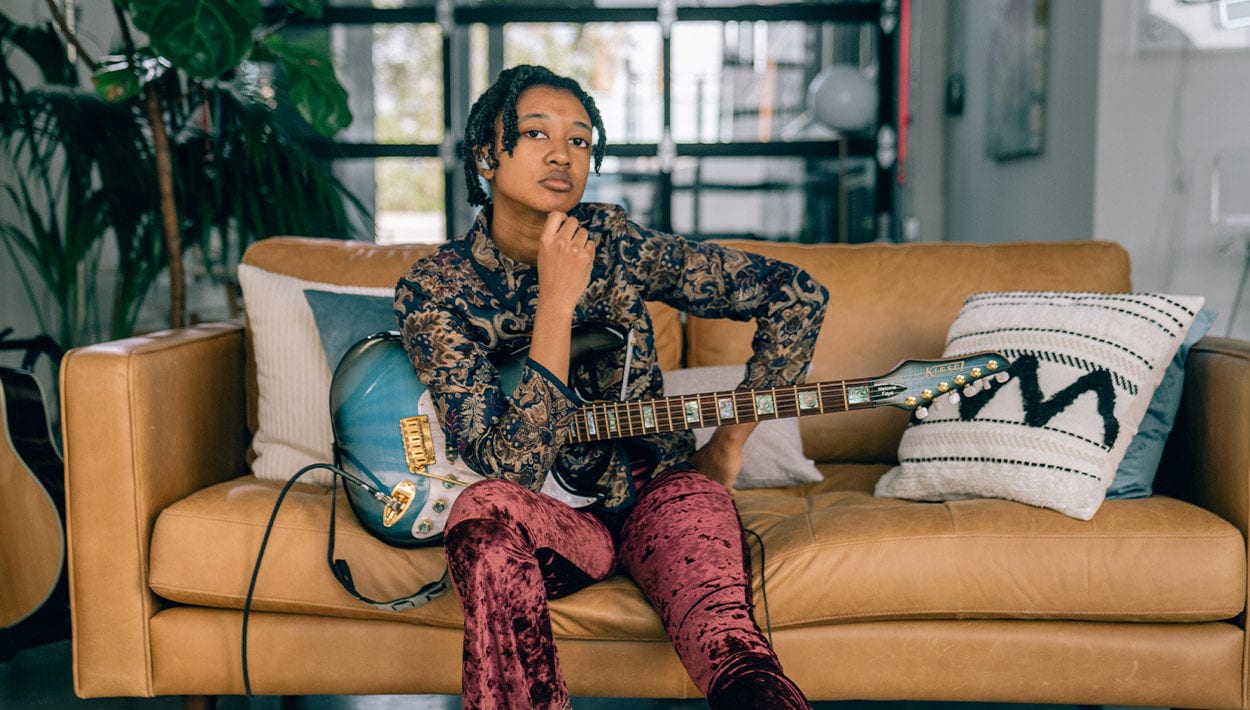
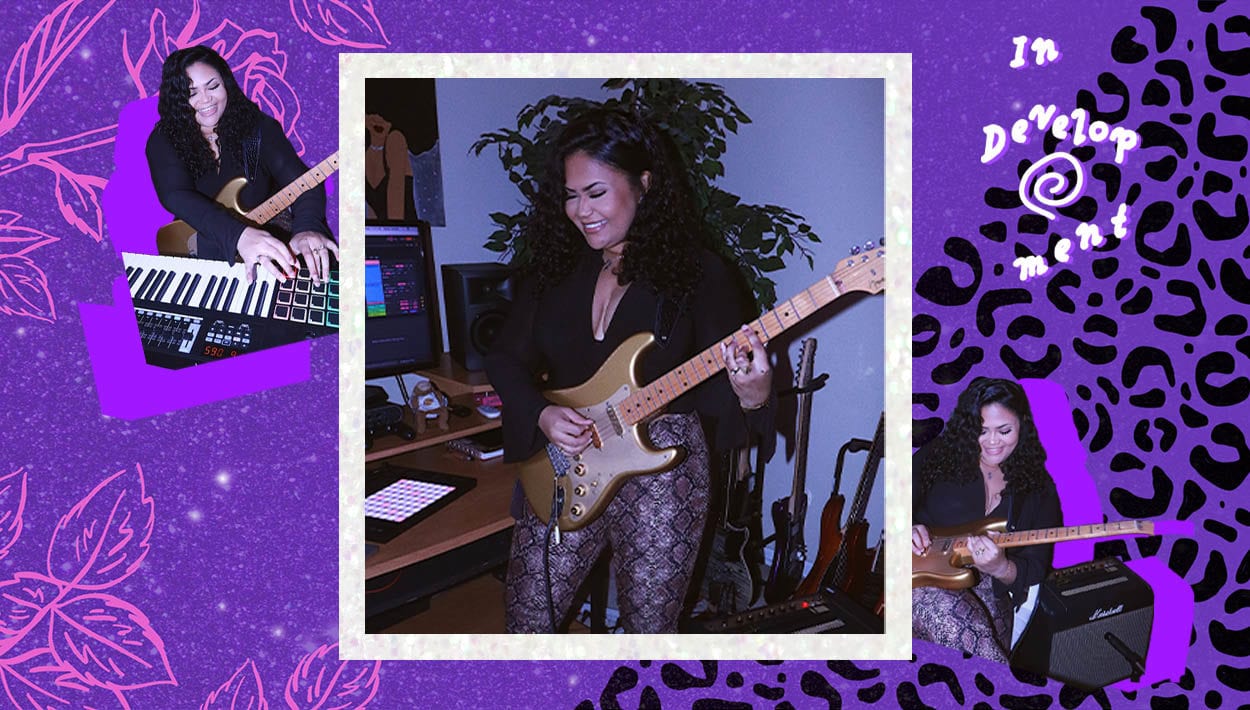
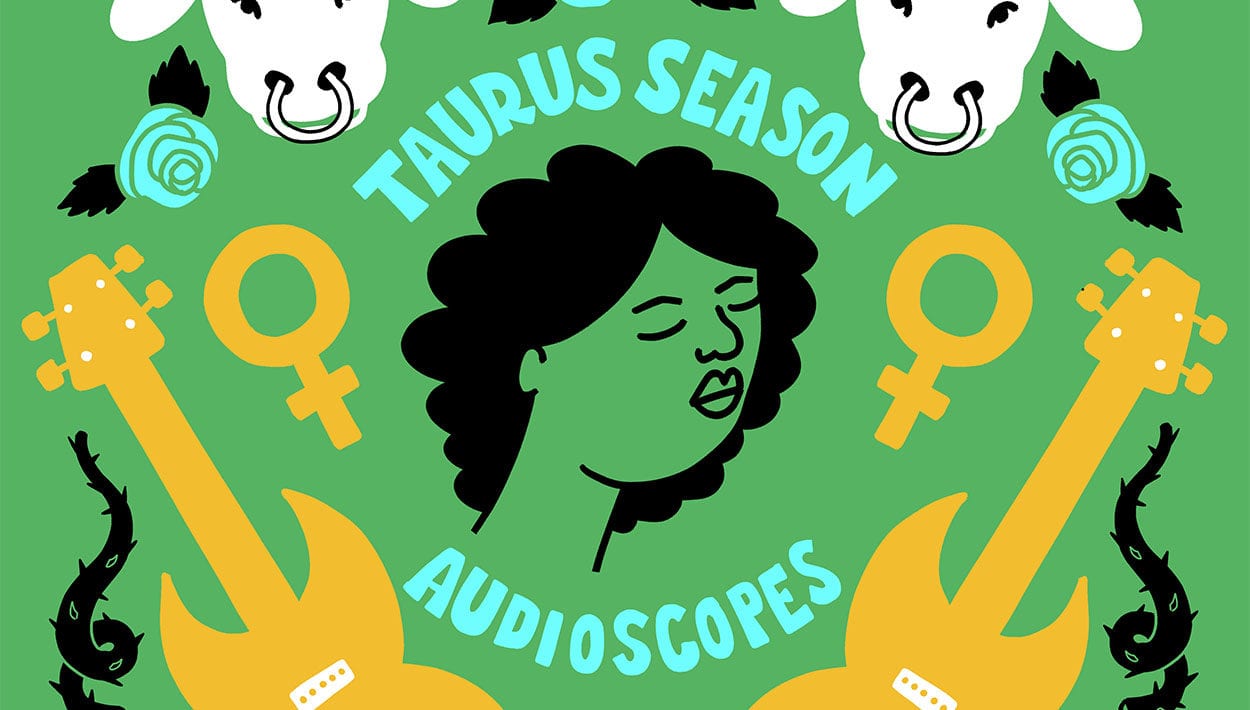


Comments
Thank you for sharing this interview with Jenny Lewis. I’ve just come back around to playing guitar again and I’m really happy I stumbled upon She Shreds. Super inspiring! I’m so happy you’re showcasing genuine artists and their musical journey. I especially love this last image of her in this green house. Gorgeous color-palette ensemble. Beautiful work!
Comment by Alexia Carroll on October 10, 2018 at 9:34 amThis is a brilliant article and the photos are stunning (especially the one sitting up on the leather sofa). I’m so glad I found it.
Comment by Christina on October 21, 2021 at 5:25 pm[…] Read digital version here […]
Pingback by She Shreds Media on June 15, 2022 at 2:23 pmJust looking at this girl, how powerful she is is hard to describe.
Comment by geometry dash on March 30, 2023 at 11:27 pm